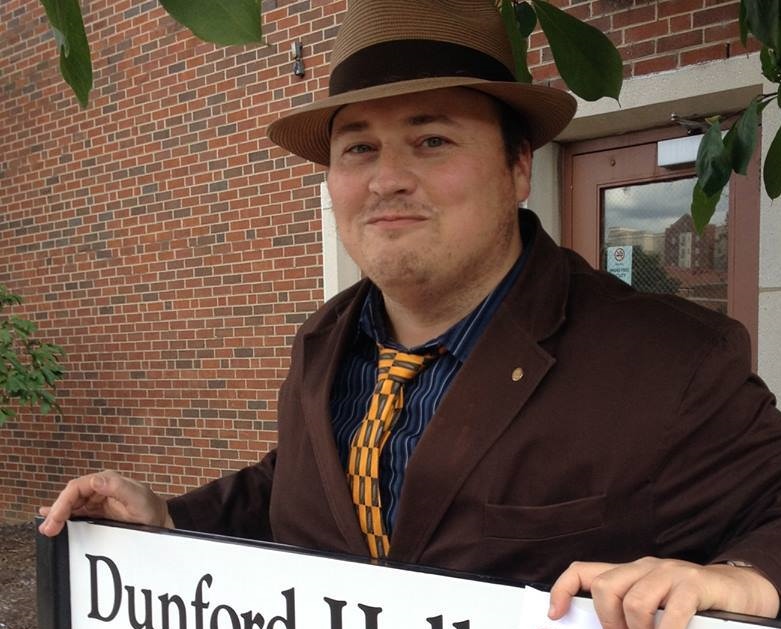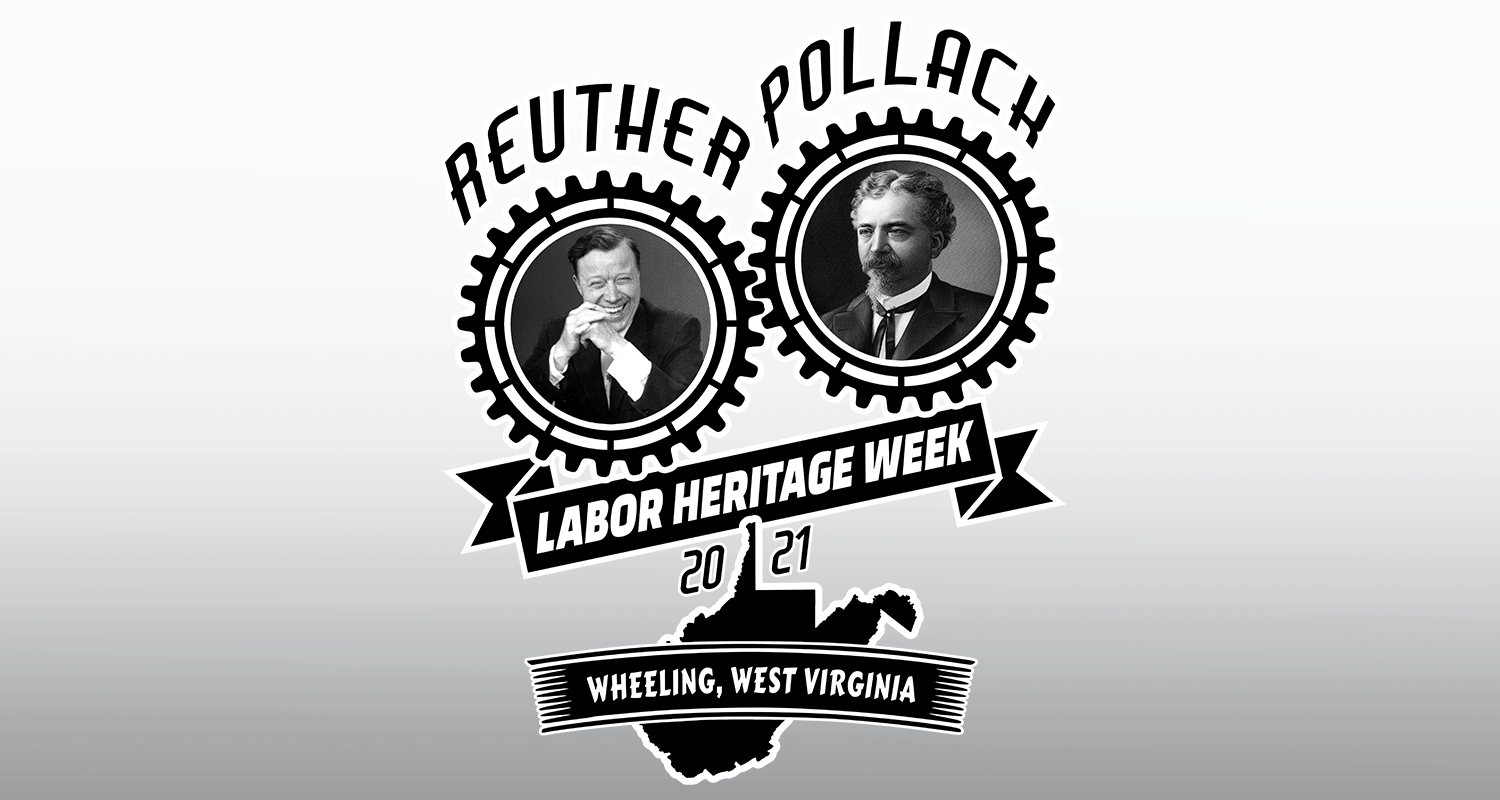The Wheeling Academy of Law and Science (WALS) Foundation, through its Reuther-Wheeling Library and Labor History Archive, in partnership with Wheeling Heritage and the Ohio County Public Library, will offer the fifth annual Reuther-Pollack Labor History Symposium on Saturday, September 4, 2021 at The First State Capitol at 1413 Eoff Street in Wheeling. Additional heritage partners for the event include the Cassidy, Cogan, Shapell, & Voegelin, LLC, Battle of Homestead Foundation, and the West Virginia Mine Wars Museum.
The annual symposium, launched in 2017, is the flagship educational event designed to help the WALS Foundation fulfill its mission by providing educational programming in labor and employment history and the related cultural, social, political and legal issues that provide the full context for understanding that history.
This year, the symposium will be offered in solidarity with the Battle of Blair Mountain Centennial organized by the West Virginia Mine Wars Museum.
Presentations from four dynamic speakers will be offered, including: Labor attorney Patrick Cassidy Esq.; South Georgia State College labor history professor, Dr. Dana Caldemeyer; Glenville State College labor history professor Dr. Robert Hutton; and West Virginia University labor history professor, Dr. Hal Gorby.
The date of the symposium is appropriate as it is near the birthday of Wheeling’s well known union and human rights leader Walter P. Reuther (September 1, 1907), the culmination of the Battle of Blair Mountain 100 years ago (September 2, 1921), and Labor Day weekend.
In addition to Mr. Reuther, who is widely regarded as one of the most influential and charismatic labor and social leaders of the 20th Century, the symposium is named in honor of Augustus Pollack, the Wheeling business owner whose progressive policies toward his employees led local labor unions to erect a monument in his honor. It is thought to be the only monument ever built by labor in honor of a business owner.
During the lunch break, after a birthday celebration for Walter Reuther with cake and refreshments, symposium attendees will have the opportunity to join a walking tour, led by Dr. David Javersak, to view both the Pollack and Reuther monuments at Heritage Port on the Wheeling riverfront.
Registration is only $10.00, which holds a seat and covers a box lunch. All proceeds go toward event expenses. To RSVP, send an email to spd@walslaw.com or call 304-232-8100.
2021 Symposium Schedule:
10:30 am – Patrick Cassidy, “How Labor Laws Have Betrayed Labor”

Mr. Cassidy, co-founder of the WALS Foundation, will discuss this issue in the context of the Jobs First Agenda, his idea for a new narrative based on truth and fairness that can facilitate the pursuit of a just economic life for all Americans. Primary features include guaranteeing living wage jobs for all Americans; requiring good faith and fair dealing in all employment relationships; re-introducing “empathy” in our courts of law; and making government accountable, among many other objectives.
11:00 am – Dr. Dana Caldemeyer, Union Renegades: Miners, Capitalism, and Organizing in the Gilded Age

Late-19th century labor organizers faced a dual challenge. They needed to build a union strong enough to regulate entire industries while remaining flexible enough to look after the needs of the rank-and-file. This struggle is particularly visible in the Midwestern coal industry where semi-skilled laborers worked for hundreds of different corporations locked in a battle to produce the cheapest coal. As coal prices declined, companies decreased wages and disregarded safety protocols. Although miners despised this treatment, their anger was not enough to guarantee union membership, and even those who joined seldom remained faithful to the union. This pattern maddened organizers who could not understand why so many mistreated workers would reject the organization that could improve their situations. Union Renegades explores the individuals who were interested in union membership, but never quite joined or remained in the union. Their actions were neither fully pro-union nor anti-union, but a form of pragmatism dictated by the hardships and experiences rural workers faced within the capitalist system.
12 pm – Lunch Break: Reuther Birthday Celebration; Walking Tour to the Reuther and Pollack monuments led by Dr. David Javersak
2:00 pm – Dr. Bob Hutton, ‘The Baldwin Felts Detectives”

The “Mine Guard System” was a common feature of coal mining from the Civil War until the Depression era. Mine owners hired gunmen to patrol their workplaces and company towns, keeping the work force in constant fear and submission. While many students of labor history are familiar with their brutal practices, the long history, and the full societal implications, of the Mine Guard System are seldom pondered. This presentation will examine the Baldwin Felts Detective Agency, a private security firm based in Virginia and West Virginia for nearly half a century. The agency adapted the northern-born Mine Guard operation, but did so in a distinctively southern manner that reflected the latter region’s distinctiveness in the late 19th and early 20th centuries. Furthermore, the agency’s practices reflected the Appalachian middle class’s strategy of siding with invasive industrialists over their native population’s interests. The story of the Baldwin-Felts Detective Agency is a magnifying lens for examining the insidious relationship between capitalism and violence.
3:00 pm – Dr. Hal Gorby, “Labor Fights among Northern West Virginia’s Coal Miners in the ‘Roaring Twenties’”

West Virginia is well known for its labor history, particularly the Mine Wars. While normally thought of as a struggle that took place in the southernmost counties, labor conflicts occurred in the coalfields in the northern section of the state as well. This talk will look at some of these strikes, starting after World War I and focusing on Ohio County’s Panhandle Coalfield strikes. These conflicts suggest the wider efforts led by coal operators to bust the UMWA after Blair Mountain, in an anti-union campaign that moved north through the state. By the 1930s, the UMWA was devastated, and strikes breaking out at the onset of the Depression attracted supporters of the Communist Party, as miners faced a desperate situation.



